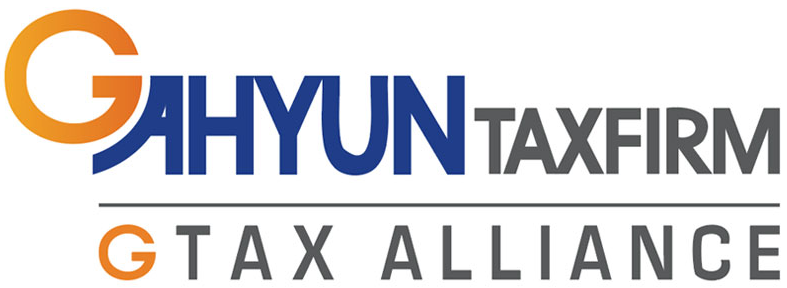
1.Capital gain taxes - Individual share holders
Capital gains taxes are what you pay when you transfer assets, like a house, building, land, real estate rights, or stocks, to someone else. To figure it out, you subtract the acquisition price from the transfer price. If there's no profit (when the asset's value dropped and the acquisition price is higher than the transfer price), you don't have to pay taxes.
It's straightforward to check the value of assets like listed stocks because their market values are easy to find (on markets like Nasdaq or Kospi). However, unlisted stocks are trickier since their values aren't readily available. That's why Korean tax law lays out a way to determine their value in the law. So, before you transfer unlisted stocks, it's crucial to assess their value.
2.Capital gain tax rates
Tax rates vary based on the company's share structure, its size, and how long you've held the shares. Here are the three things you need to check:
1.Check if the person selling the stock is the majority stockholder of the company.
2.Confirm if the company qualifies as a small or medium-sized enterprise.
3.Determine how long the stockholder has held the shares.

*Criteria of Majority stock holder.
1.KOSPI listed company: Stock holders who has stocks 1% or more
2.KOSDAQ listed company : Stock holders who has stocks 2% or more
3.KONEX listed company / Unlisted Company : Stock holders who has stocks 4% or more
Even though the Stock hold rate are below upper criteria, the total holding Stock price are more than 1,000,000,000KRW(756,429 $) or more, the stock holder can be a majority stock holder
3.Stock capital gain Tax filing due dates
The due dates for filing capital gains tax on stocks are two months from the end of the half-year in which the resident transfers an asset. Here's a examples.
If the transfer happens on January 18, 2023, the filing due date is August 31, 2023.
If the transfer occurs on June 18, 2023, the filing due date remains August 31, 2023.
However, if the transfer takes place on October 18, 2023, the filing due date shifts to February 29, 2024.
4.Security transaction tax
When you sell stocks, you also need to pay a security transaction tax. The due dates for filing this tax are the same as those for stock capital gains tax. The tax rates are low (0.15% to 0.5% of the transfer price).
The key difference with capital gain taxes are that the security transaction tax is always payable, regardless of whether you made a profit or not.

you can contact me through the information in the name card.
Or Please fill in the below form
G-tax (Tax & Accounting service)
Thank you for contacting us! Please fill the questionnaire in. We will reach out to you as soon as possible.
docs.google.com
Thank you for read my article! I hope it helps.
If you want to see more information about Korea tax and accounting, please follow us.
And if you need help for your tax filing or accountung or looking for CPA in Korea, don't hesitate to contace us
G-tax / Certified Tax Accountant / Steven Yang
+82 10 9599 7152
steven@g-tax.kr
www.g-tax.kr





